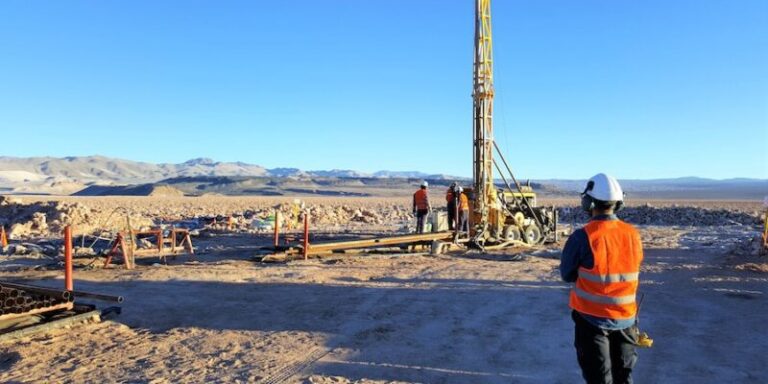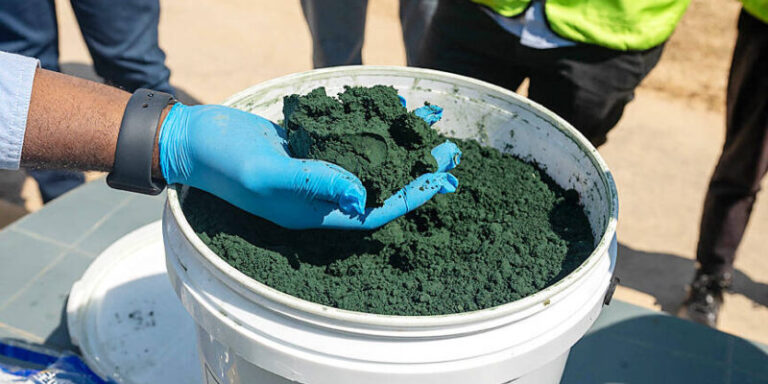
India plans to provide funding to research institutes to offer technical assistance to miners, aiming to establish a critical minerals industry, according to a government source and a letter reviewed by Reuters.
This initiative highlights India’s efforts to reduce its near-total dependence on imports of lithium and rare earth minerals, which are essential for energy transition technologies.
India’s attempts to develop a critical minerals mining industry have struggled so far. In June, the country awarded development rights for a lithium block in Chhattisgarh state, but a separate auction for lithium blocks in Jammu and Kashmir failed due to low mineral concentration and high extraction costs.
The government is considering spending nearly $50 million to fund collaborations between research institutes and companies to develop extraction technology and improve beneficiation methods—processes that enhance mineral ores before they are processed into metals, according to a government source involved in the initiative.
In a letter dated July 11, the Ministry of Mines instructed the CSIR-National Institute for Interdisciplinary Science and Technology (NIIST) to assist miners with the extraction of critical minerals.
“The blocks auctioned by the central government contain critical minerals associated with other minerals and/or metals that require customized extraction techniques,” the letter stated.
“Since most critical minerals are not currently extracted in the country, successful and economical extraction by companies will need support and guidance on extraction and beneficiation techniques,” it added.
The government source mentioned that similar instructions were sent to five other research institutes in India on the same day.
The government plans to invite joint proposals from institutes and companies, with approved projects receiving up to 75% of the total funding, said the source, who requested anonymity due to the sensitivity of the information.
The Ministry of Mines and NIIST did not immediately respond to Reuters’ requests for comment.







